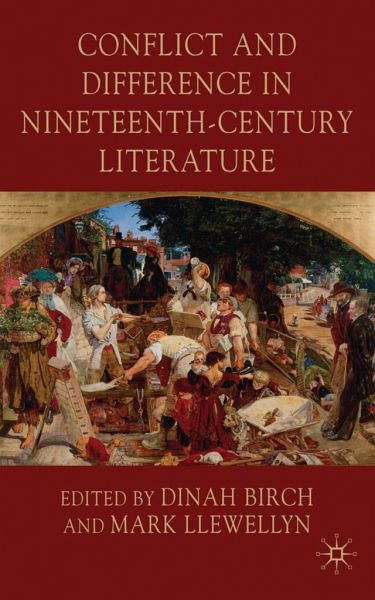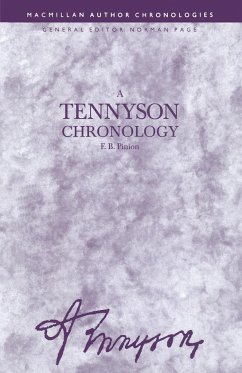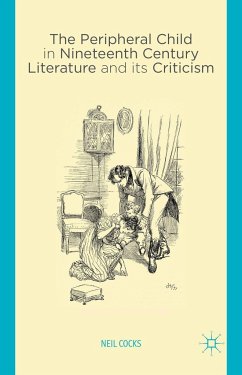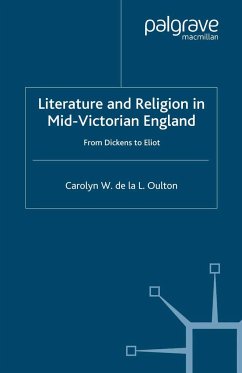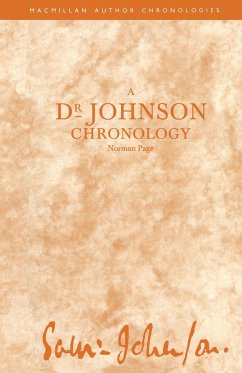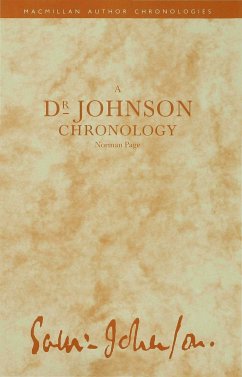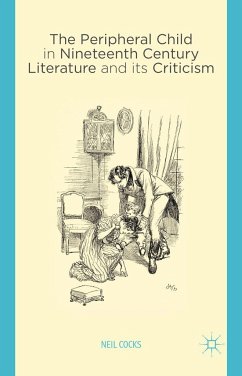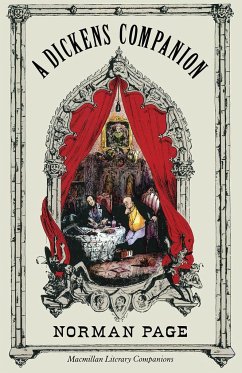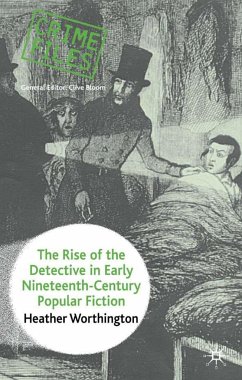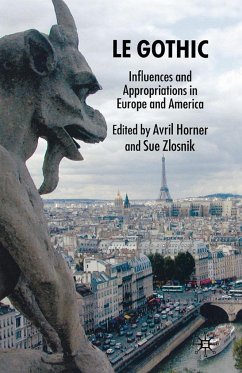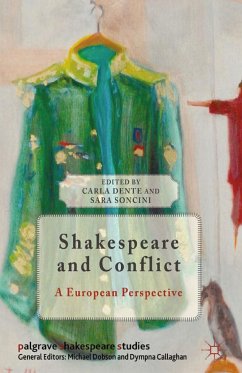JANICE M.ALLAN Senior Lecturer in English, University of Salford, UK DINAH BIRCH Professor of English, University of Liverpool, UK MATTHEW BRADLEY Postdoctoral Researcher, University of Liverpool, UK LAUREL BRAKE Professor of Literature and Print Culture, Birkbeck, University of London, UK MALCOLM CHASE Professor in Labour History, University of Leeds, UK KATE FLINT Professor of English, Rutgers University, US NATALIE FORD independent scholar, UK HOLLY FURNEAUX Lecturer in Victorian Studies, University of Leicester, UK JULIET JOHN Reader in Victorian Literature, University of Liverpool, UK MARK LLEWELLYN Lecturer in English, University of Liverpool, UK MUIREANN O'CINNEIDE Lecturer in English, National University of Ireland, Ireland GALIA OFEK Lecturer in English, Hebrew University of Jerusalem, Israel MELISSA RAINES independent scholar, UK HELEN SMALL Fellow in English, Pembroke College, University of Oxford, UK ALEX TANKARD, independent scholar, University of Liverpool,UK HERBERT F. TUCKER John C. Coleman Professor of Nineteenth-Century British Literature, University of Virginia, US SHARON WELTMAN Associate Professor, Louisiana State University, US.
